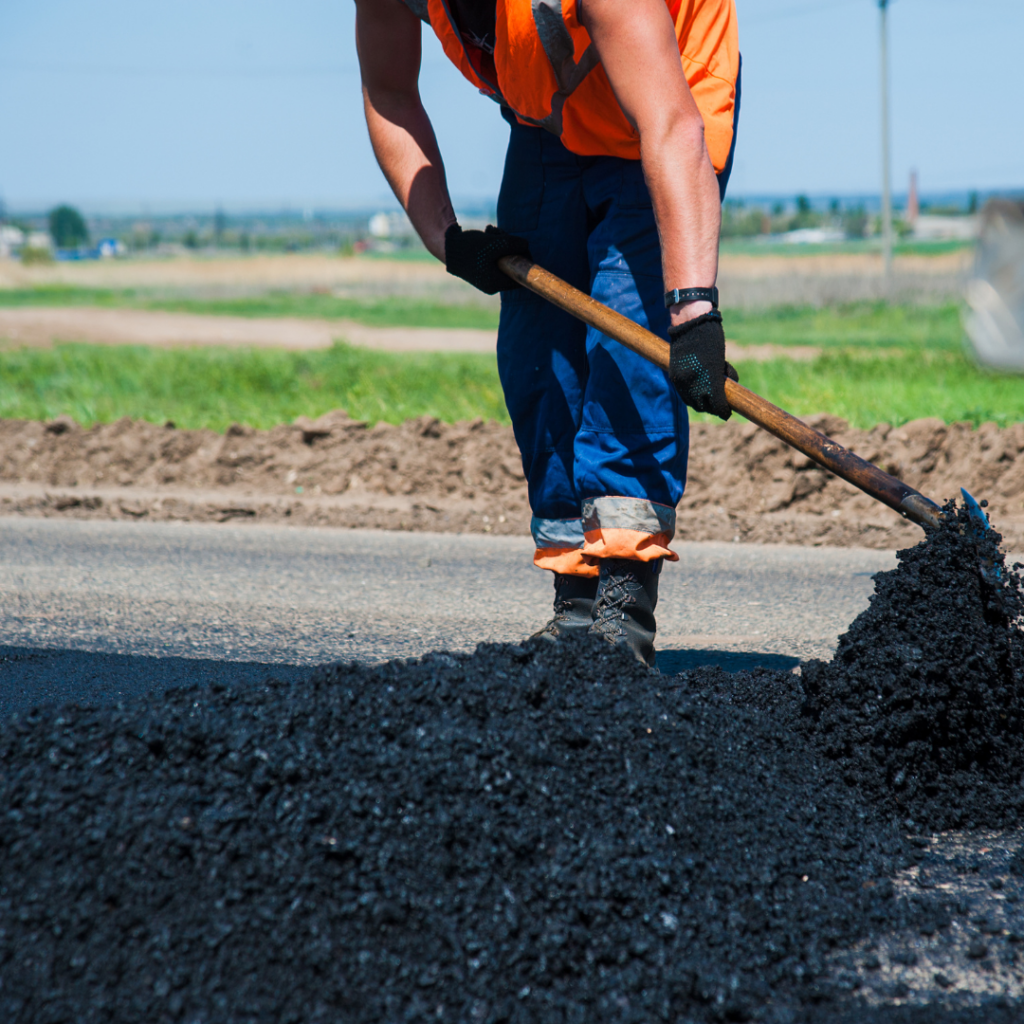A Silent Threat Ignored for Decades
Marie Hitchcock’s story is more than a tragic tale of loss; it’s a stark reminder of the dangers of asbestos exposure and its devastating repercussions. Diagnosed with malignant mesothelioma, a rare and aggressive cancer almost exclusively linked to asbestos, Marie’s life was cut tragically short. Her case brings to light the risks associated with asbestos exposure and the need for justice for those affected.
For her family in Balally, Co Dublin, the ordeal was unimaginable. They watched Marie deteriorate from an active great-grandmother to someone grappling with relentless pain and debilitating symptoms. Her story exemplifies the long-term, often invisible dangers of asbestos exposure, which linger long after initial contact.
What Is Mesothelioma?
Mesothelioma is an aggressive cancer affecting the lining of vital organs, predominantly the lungs (pleural mesothelioma). Symptoms often emerge decades after asbestos exposure, making early diagnosis extremely challenging. These symptoms can include persistent cough, weight loss, chest pain, fatigue, and difficulty breathing. Tragically, treatment options are often limited, and approximately 50 individuals in Ireland face such diagnoses yearly.
How Does Asbestos Cause Mesothelioma?
Once hailed for its fire-resistant properties, asbestos was widely used across industries, from construction to automotive manufacturing, throughout the 20th century. Tiny asbestos fibres can become airborne when disturbed, finding their way into the respiratory system when inhaled. These fibres can remain lodged in the body for years, causing inflammation, scarring, and genetic damage that can lead to mesothelioma over time.
For individuals like Marie, exposure may have occurred decades prior at locations such as RAF bases in the UK, where asbestos usage was rampant. Despite asbestos being banned in 1999 in the UK and in 2000 in Ireland, its legacy remains a ticking time bomb.
Corporate and Government Negligence
What makes Marie’s story even more heartbreaking is that asbestos’ lethal dangers were known as early as the 1930s. Yet its usage persisted, prioritising industrial profit over citizen safety. Stories like hers highlight systemic failures to protect workers and their families from unnecessary risks.
Even today, asbestos continues to haunt older buildings and environments, creating opportunities for secondary exposure, often impacting loved ones unknowingly.
Fighting for Justice and Support
For families who have lost loved ones to mesothelioma, like Marie’s, the fight doesn’t end with a diagnosis or even mourning a loss. Securing justice and compensation is integral to holding those responsible accountable and ensuring families are financially supported during troubling times.
What Can Families Do?
If a loved one has been diagnosed with mesothelioma or another asbestos-related condition, here’s what you can do:
- Seek Medical Advice and Records
Secure thorough documentation of the diagnosis, symptoms, and treatments. This establishes a medical foundation crucial for pursuing legal action.
- Investigate Exposure History
Identify where and when exposure may have occurred. Speak to relatives, colleagues, or neighbours who might have shared similar environments.
- Engage Legal Expertise
Because mesothelioma cases often involve events decades in the past, legal expertise is essential. Specialists like HOMS Assist Solicitors can help families investigate, build a case, and pursue compensation for everything from medical expenses to funeral costs.
- File Compensation Claims
Compensation processes can cover medical bills, lost income, and emotional suffering. Mesothelioma victims in Ireland may also explore options for settlements similar to wartime pensions awarded to UK veterans exposed during military service.
Navigating Legal Deadlines
Timeframes for compensation claims are limited. Acting swiftly ensures your loved one’s legacy is honoured while securing the support families deserve.
The Wider Impact of Mesothelioma Cases
Marie’s case, like countless others, serves as a sobering example of how asbestos upends lives and creates ripple effects within communities. The burden of such a diagnosis doesn’t just impact individuals but entire families.
Her daughter, Ingrid, emotionally recounted her mother’s harrowing deterioration, describing how it felt to watch her “literally dying in front of our eyes.” Such testimonies underscore the human cost of asbestos misuse and the importance of taking proactive steps toward accountability and prevention.
Hope Through Advocacy and Awareness
Preventing future tragedies necessitates rigorous asbestos management and systemic reform:
- Strict Regulation: Governments and industries must aggressively enforce stringent asbestos bans and maintenance practices in older infrastructure.
- Improved Awareness: Educating workers about the risks of asbestos exposure and empowering them to protect themselves can save lives.
- Support for Families: Offering accessible avenues for seeking medical treatment, financial assistance, and legal aid is essential.
Police, employers, and governments must prioritise transparency when handling asbestos-related risks.
Seek Justice with Expert Support
Tragedies like Marie’s highlight society’s responsibility to protect its most vulnerable. For families navigating these challenges, enlisting compassionate, professional help can make all the difference. Firms such as HOMS Assist provide tailored legal support for asbestos-related claims, ensuring every voice is heard and justice is pursued without unnecessary hurdles.
Your Next Step Forward
If you’ve been impacted by a mesothelioma diagnosis, don’t wait to act. Help is available, and pursuing action today can mean a safer tomorrow for others. Contact HOMS Assist for a free consultation with empathetic experts who understand the devastation asbestos can bring.
Together, we can honour Marie and others like her by fighting for justice and a safer future.









